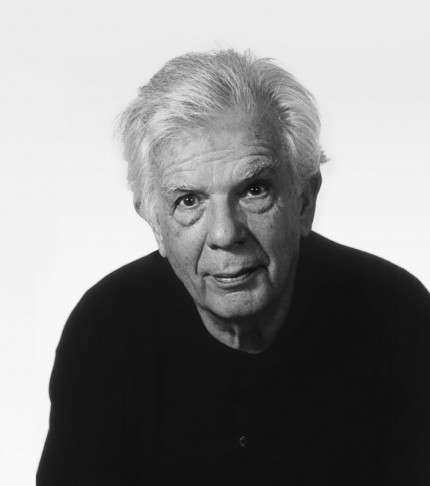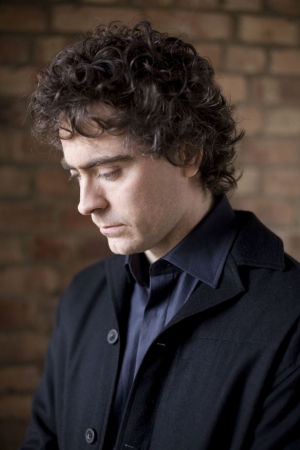Dohnányi and CSO prove strong and steady partners

At least on paper, the Chicago Symphony Orchestra program Thursday seemed to mirror the damp, chilly skies bedeviling Chicagoans longing for a convincing arrival of spring. With subtitles like “Pathétique” and “Musique funèbre”, not to mention a concerto in a minor key, the program didn’t seem likely to lift anyone’s spirits.
In reality the mood of the featured works was not nearly as straightforward as the titles suggest, and Christoph von Dohnányi led the CSO forces with a sure hand, delivering solid, if sometimes routine readings.
Lutoslawski’s Musique funèbre for strings from 1958 was written on the occasion of the 10th anniversary of the death of Bartók, and bears a passing resemblance to that composer’s Music for Strings, Percussion, and Celesta. The Polish composer’s Concerto for Orchestra from a few years earlier also owed a debt to the Hungarian, and both works were decisive milestones in Lutoslawski’s rise to prominence.
There were passages in Thursday’s program that suffered from an absence of principals, but Kenneth Olsen’s playing in the first cello chair was not one of them. His rich, burnished sound in the opening bars of the Lutoslawski set the stage for a gradual build-up of a labyrinthine web of knotty counterpoint, only to move in reverse in the last pages of the score. The most arresting measures included a ruthless, dissonant climax with all 12 pitches sounding at once, followed by an equally disquieting unison passage with violins in their lowest register and double basses stretching to the end of their fingerboard. These are difficult tricks to negotiate, but the CSO strings pulled them off with near-flawless precision.
Aside from this striking central section the piece hasn’t aged well. The composer’s turgid and clumsy adoption of serial techniques sound more like a youthful exercise than a mature homage to his hero. His skirmishes with communist censors in the 1950’s make for a program annotator’s dream, but Lutoslawski’s best compositions were still a few years away. A more flexible podium approach might have helped, but Dohnányi was too intent on steady time-keeping to wring much nuance from the congested score.
If the program opener keeps the listeners’ emotions at arm’s length, Tchaikovsky’s Symphony No. 6 (Pathétique) irresistibly draws audiences into a world of poignant desolation, with several well-earned sunlit detours in the inner movements. The maestro seemed especially effective in these moments, most notably in a zippy, high octane reading of the third movement march and a graceful, lilting account of the 5/4 waltz.
Elsewhere Dohnanyi’s reluctance to savor the symphony’s heart-rending passages proved frustrating. One can understand his desire to strip away the sentimental baggage that has accumulated over the years (due in part to lurid autobiographical conjecture that has been recently discredited by scholars). Still, Dohnányi seemed determined to underplay objective evidence in the score that suggests an exceptionally forceful degree of pathos, even by the standards of the day. Fine playing by the wind regulars helped matters, but guest clarinetist Jessica Phillips’ restraint seemed unsuited to the work. Among the strings the viola section deserves kudos for fixing the work’s mournful aura.
Pianist Paul Lewis seemed, for better or worse, a good match with the conductor in Beethoven’s Piano Concerto No. 3. There has been considerable speculation that Mozart’s C minor concerto was in the younger composer’s head when he penned his third effort in the form, and Lewis seemed to channel this influence in a transparent, light-fingered reading. Scales and arpeggios are an abundant feature of the score, and the pianist admirably treated each one with lyrical elegance and refined poise.
None of this comes as a surprise to those who have admired his accounts of the chamber music of Schubert and Mozart. A bit of sonic heft and interpretive impulsiveness would have been welcome, but his was a convincing take nonetheless.
The program will be repeated at Symphony Center 1:30 p.m. Friday and 8 p.m. Saturday. cso.org; 312-294-3000.
Posted in Performances





